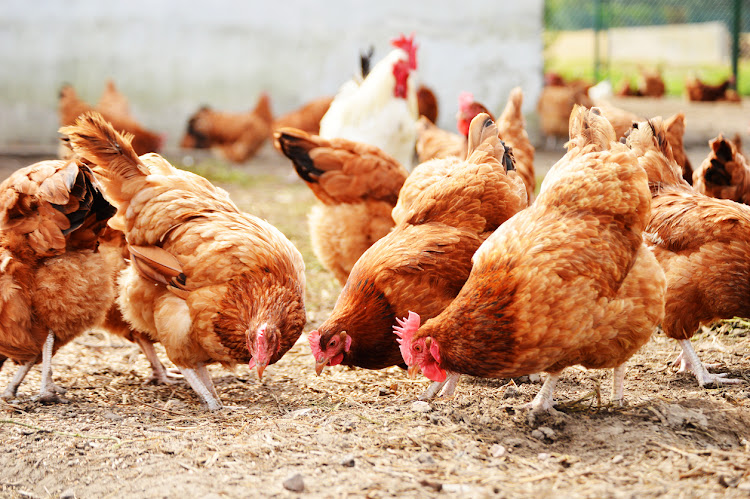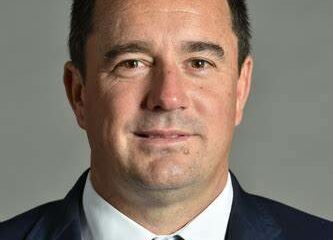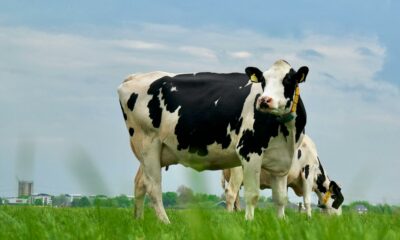News
South Africa Takes Aim at Bird Flu with First-Ever National Vaccine Drive

After a brutal outbreak in 2023, government overhauls biosecurity with vaccines, vets and vigilance
South Africa has kicked off a major new chapter in the fight against avian influenza, rolling out its first-ever national vaccination campaign to prevent another bird flu disaster. Agriculture Minister John Steenhuisen announced the campaign at the Biosecurity Summit this week, promising that this time, the country is “prepared, not panicked.”
A proactive push after a bruising blow
It’s hard to forget the chaos of last year. Supermarket shelves emptied. Chicken and egg prices soared. Farmers counted devastating losses as the avian flu swept through poultry farms, exposing glaring gaps in the country’s ability to manage animal health crises.
But now, Steenhuisen says, the government is flipping the script.
“This is no longer about reacting after the fire has started. We’re building the firebreaks now,” he told scientists, farmers and health officials gathered at the University of Pretoria.
Vaccines have been secured. Cold storage and delivery systems are in place. And 50 newly contracted animal health technicians are already on the ground.
Experts on board, but old problems linger
The campaign is supported by a team of local specialists, including veterinarians from the University of Pretoria and the Agricultural Research Council. But even with all this momentum, Steenhuisen didn’t shy away from admitting the sector’s past failures.
“We’ve had delays in getting vaccines out, red tape clogging up responses, and frankly, not enough trained people to do the job when outbreaks hit,” he said.
At the heart of the problem is Onderstepoort Biological Products (OBP), South Africa’s state-run vaccine manufacturer. Steenhuisen was direct: performance at OBP has been “inadequate.”
Holding OBP to account
Years of infrastructure neglect and poor planning at OBP have created dangerous backlogs. That won’t fly anymore, says the minister.
“My office is instituting quarterly performance reviews and external oversight. We need OBP to step up. We simply cannot afford another failure,” he said.
Where are all the vets?
One of the country’s biggest weaknesses lies in the severe shortage of veterinarians in the public system. Steenhuisen painted a stark picture: South Africa needs at least 400 government vets. Right now, there are only 70.
To close the gap, the Department of Agriculture is creating rural internship programmes and career development pathways through the newly established Biosecurity Hub.
“This is not just about having more warm bodies. It’s about ensuring our frontline responders are ready, trained and supported,” he explained.
A call for collective commitment
In what might be the most ambitious part of his plan, Steenhuisen proposed a National Biosecurity Compact — a formal pact between government, academia, industry and civil society. It would lay down clear protocols for outbreaks, define vaccine stockpile minimums, and streamline how data is shared in real-time.
“We need a shared understanding before the next crisis, not after,” he said. “Biosecurity is not a luxury. It’s as vital as water or electricity to national stability.”
Social media reaction and public pulse
On social media, many South Africans welcomed the shift. Farmers’ groups praised the government’s willingness to acknowledge past mistakes. “It’s about time,” tweeted one poultry cooperative. Others questioned how quickly OBP can turn itself around. “Talk is cheap. We need vaccines, not reviews,” one vet commented.
Still, the overall sentiment leans hopeful, especially among communities that were hit hardest by last year’s egg and chicken shortages.
A turning point or another talk shop?
Steenhuisen closed his remarks with a strong call to action: “Let this not be another summit that fades into memory. Let it be the line in the sand the point where we say: never again.”
The success of South Africa’s first national avian influenza vaccination drive will hinge not just on the minister’s passion, but on whether the promised reforms take root fast enough to meet the next wave — whatever form it takes.
For now, though, the country seems ready to fight smarter. And that alone is a significant step forward.
{Source: IOL}
Follow Joburg ETC on Facebook, Twitter , TikTok and Instagram
For more News in Johannesburg, visit joburgetc.com



























